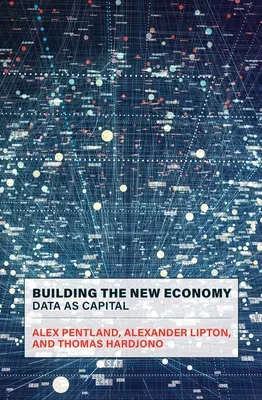How to empower people and communities with user-centric data
ownership, transparent and accountable algorithms, and secure digital
transaction systems.
Data is now central to the economy, government, and health systems--so
why are data and the AI systems that interpret the data in the hands of
so few people? Building the New Economy calls for us to reinvent the
ways that data and artificial intelligence are used in civic and
government systems. Arguing that we need to think about data as a new
type of capital, the authors show that the use of data trusts and
distributed ledgers can empower people and communities with user-centric
data ownership, transparent and accountable algorithms, machine learning
fairness principles and methodologies, and secure digital transaction
systems.
It's well known that social media generate disinformation and that
mobile phone tracking apps threaten privacy. But these same technologies
may also enable the creation of more agile systems in which power and
decision-making are distributed among stakeholders rather than
concentrated in a few hands. Offering both big ideas and detailed
blueprints, the authors describe such key building blocks as data
cooperatives, tokenized funding mechanisms, and tradecoin architecture.
They also discuss technical issues, including how to build an ecosystem
of trusted data, the implementation of digital currencies, and
interoperability, and consider the evolution of computational law
systems.

